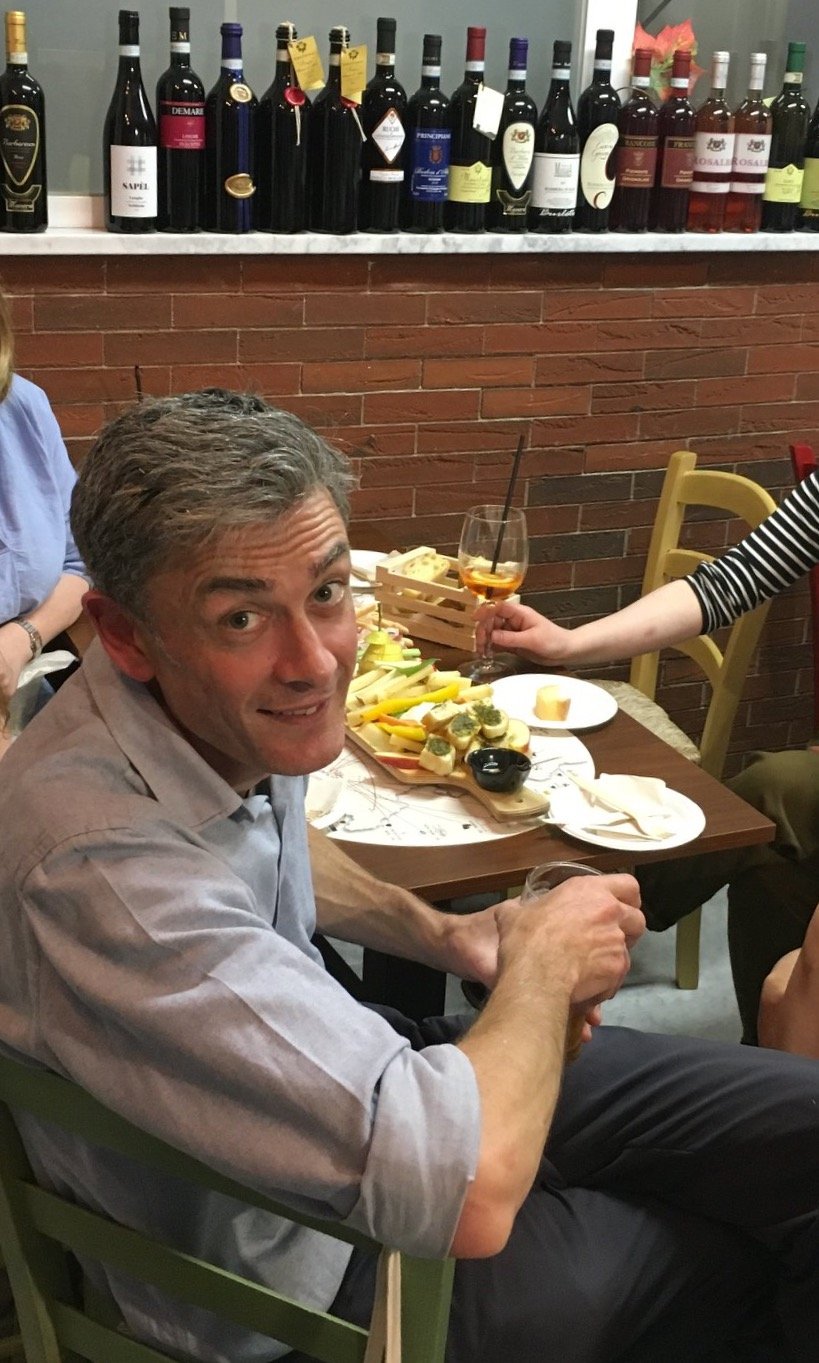Comfort Food
by Donald Reid
I'm sure if you're reading this newsletter you're familiar with the solace that good food can bring, not least in the last year: some uplift and distraction from sadness, boredom, frustration, loneliness. We search a menu seeking something not just to fill us but to fulfil us, to soothe, to satisfy at a level beyond the tastebuds. It's a reminder of the power of food: something that's greater than the sum of its constituent ingredients, or nutrients, or calories. Good food (like Fred's) is more powerful still.
It's for this reason that I've always struggled to define comfort food, because most food, in the right time and place, can comfort. Why narrow your options for comfort to something creamy or gooey or sweet? In fact, the creamy or gooey or sweet highlight the precarious nature of so-called comfort eating: spiritual uplift teetering on the edge of dietary transgression. Too much of a good thing is, disappointingly, not always a good thing.
Some folk argue that sitting down to eat is a time to shut out the rest of the world and its problems for a bit, and it's true that food -- ever powerful food -- has that capacity. Others point out how the act of eating engages you with the world, with the vitality of nature, the ingenuity of the human race, the nurturing of social networks, the wonder of life. OK, I hear you say, hold the philosophy sauce, it's just a plate of food. Yet the wonder of life is in every plate of food, whether we like to consider it or not. And the challenges of life are there too, whether we like to consider them or not.
Ignorance can be bliss, but it's unrealistic too. For all that food can be wonderfully comforting, for a lot of food the story it carries isn't comfortable. Is the soil it came from healthy? Are the animals in the system cared for? Is it compromised by chemicals? Are the prices and the wages fair? Are all these elements realistically sustainable if we carry on ignoring them? Many questions, and surely each is valid, but our mainstream food systems make blurred ignorance possible. Is the comfort in the eating or the shutting out?
Let me restate: most food, in the right time and place, can comfort. And realistically we can't know everything about every bit of food. But comfort shouldn't come from the shutting out, but from the embrace of what's powerful about truly good food, its capacity to hold both the wonder and the challenges of life, and to connect the people, and the labour, and the skill, and the animals, and the soil, to our deeper senses of nourishment. Comfort comes, surely, from the knowing, not the not knowing.
Donald Reid has been Food & Drink Editor at The List for the last 20 years and is also part of the team running the Masters programme in Gastronomy at Queen Margaret University.

